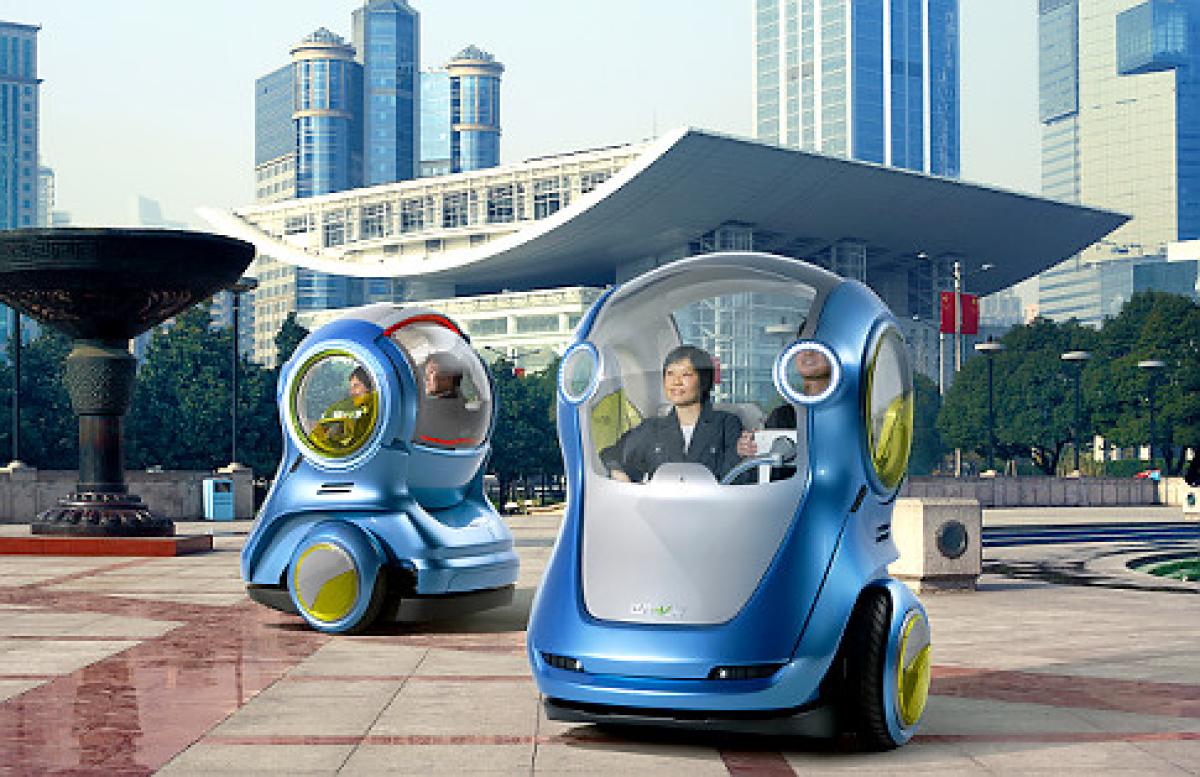186,282 miles a second. That is, according to Einstein, the fastest speed in the universe. Nothing can travel faster than the speed of light. All of our physics is based on this law. Everything we know about calculations, science and maths is according to the theory of relativity and the fact that nothing can travel faster than the speed of light. Except when it can.
When scientists at CERN recently broke the speed of light, by recording that neutrino particles can travel just a fraction faster than the speed of light it had physicists around the world recalculating sums at just under warp speed. While it does not affect our daily lives in any great way right now, the possibility exists for infinite speed. If anything, the biggest change is in the way we think about the world around us.
Does technology push the boundaries of invention and innovation or is the human mind able to think bigger than ever before? As Einstein smashed the principles of Newton, science has now changed physics forever.
“Just remember that you’re standing on a planet that’s evolving …”
Maybe the chaps from Monty Python had it right. We are consistently and constantly evolving. What we think is not achievable may just be out of reach. As far back as history goes, there have been people who have dismissed some of the greatest inventions and technological advances as mere frippery.
Not mere doomsday criers either. Some of them, like Einstein are the greatest minds on our planet. In 1878 the British Parliamentary Committee stated that the light bulb was “good enough for our transatlantic friends …but unworthy of the attention of practical or scientific men.” The light bulb is now considered one of the greatest inventions of all time. Thomas Edison, the inventor of the long lasting light bulb is credited with saying, “Fooling around with alternating current is just a waste of time. Nobody will ever use it.” Today, we do not use anything else to power our lives.
Inventions have always pushed the boundaries of what people believe, but in a modern world, the human mind is able to conceive of so much more. Laying down laws that suggest that nothing else is possible is a bit like pooh-poohing the idea of the motor car. It was thought that the motor car would never catch-on; “The horse is here to stay but the automobile is only a novelty, a fad, a passing fancy …” – President of Michigan Savings Bank advising Henry Ford’s lawyer not to invest in Ford Motor Co, 1903.
Bill Gates, the technological genius who gave us the PC in its modern form said that 640k ought to be enough for everyone. Today, your mobile phone delivers more speed and operating space. It was also thought that we would never be able to invent a 32-bit operating system but 64-bits are now common.
Is it just a dream?
Is technology moving faster, or are we able to accept innovation faster than ever before? People thought television would not stand the test of time. Sending documents via telephone wires? The fax machine. One step better? Email and the internet. Technology that was never thought possible has been achieved or is close to being achieved. Inventions that were considered firmly in the realm of science fiction have been accepted and are popular and familiar to us.
Just look around your home and examine the technological marvels that may never have made it there if it had not been for technological pioneers who never gave up the dream.
Teleportation? The discovery of intelligent life on other planets? Don’t dismiss it out of hand just because we haven’t got there … Yet.
This guest editorial has been provided by Broadband Choices; helping you to choose the best broadband provider, so you can make the most of one of our greatest technological achievements!










